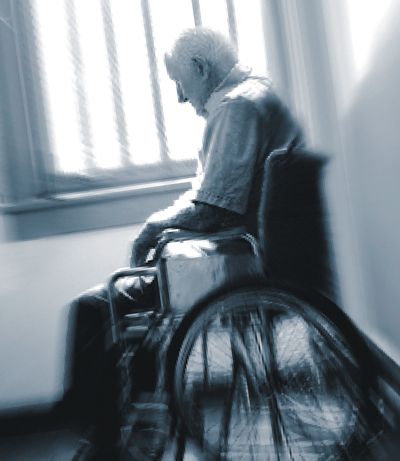NurseWeek—Dec 13, 2010
 Over-medication of dementia patients is a looming problem as the number of such patients in the U.S. continues to grow, a panel of experts told a Senate Aging Committee forum on Dec. 8.
Over-medication of dementia patients is a looming problem as the number of such patients in the U.S. continues to grow, a panel of experts told a Senate Aging Committee forum on Dec. 8.
Panelists said over-medication, sometimes with anti-psychotic drugs, frequently occurs with dementia patients because caregivers or family members may mistake complaints of physical illness for unruly behavior.
Patricia McGinnis, executive director of the California Advocates for Nursing Home Reform, said nursing homes must be “accountable” for the drugs they administer.
“The way anti-psychotic drugs are used in nursing homes is a form of elder abuse,” McGinnis told the forum. “Instead of providing individualized care, many homes indiscriminately use these drugs to sedate and subdue residents.”
By learning more about residents to understand their needs and personalities, and establishing work schedules that allow staff to consistently work with the same residents, according to panelists, nursing homes can reduce the use of drugs as a solution to unruly behavior by dementia patients.
Non-drug approaches also can be helpful for caregivers, according to panelist Laura Gitlin, PhD, director of the Jefferson Center for Applied Research on Aging and Health at Thomas Jefferson University in Philadelphia.
She said that providing at-home caregivers with specific skills training in stress reduction, communication and problem-solving techniques can reduce depression and improve self-rated health, sleep quality and overall well-being.
Gitlin described an occupational program at her university that developed meaningful activities for dementia patients based on their capabilities. The program cost $941.63 per family per year, compared with $1,825 for drug treatment programs. The program also saved caregivers about five hours a day in time they would have otherwise spent in hands-on care.
http://news.nurse.com/article/20101213/NATIONAL02/112130006/-1/frontpage


SHARE YOUR STORY/COMMENT